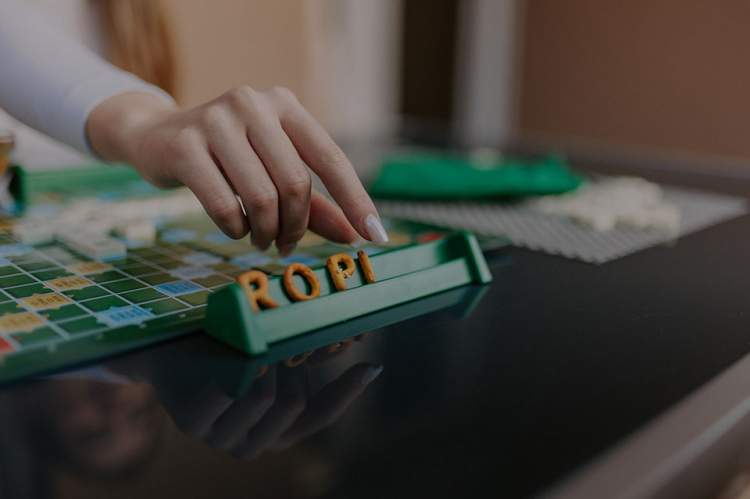How to foloow the fatwas?
What fatwa should be followed?
Fatwa is a decree, a judgment, issued by a person who knows the religion. Depending on whether there is a qualified scholar in a given community, the decision of the person matters who is accepted by the community. In the case of a smaller community, he may be a sheikh who is a religious leader, a teacher, and in a larger community, a qadi (judge), a mufti, etc.
Fatwa is needed when a believer does not find an answer to his/her question in the Quran and subsequently in the Sunnah. The sequence is very important! The first is always the Quran, because it and its contemporary explanation are the primary source of law. This is followed by the Sunnah, which means the Prophet’s approximately 60,000 commandments, statements related to him (peace be upon him), recorded by authentic sources. If we do not find the answer in these either, we can find a solution in Idjma, which is a commonly accepted opinion of scholars. If that’s not enough, we can turn to the scholars in our community, who go through practically the same steps and searching for analogies work out the so-called “Inferred or derived” decisions and the methodology of these inferences is the Qiyas. It is a science what was developed for that.

He it is Who has sent down to thee the Book: In it are verses basic or fundamental (of established meaning); they are the foundation of the Book: others are allegorical. But those in whose hearts is perversity follow the part thereof that is allegorical, seeking discord, and searching for its hidden meanings, but no one knows its hidden meanings except Allah. And those who are firmly grounded in knowledge say: "We believe in the Book; the whole of it is from our Lord:" and none will grasp the Message except men of understanding. (Quran 3:7)
The person or scholar who studies, derives, concludes, analyzes, is called Mujtahid, the work he does is Ijtihad, which is a selfless sacrifice for the cause of Islam. So, the one who performs Ijtihad, be it a person of any rank, position, is a scholar whose opinion matters for the others. The former aya uses the term for them as “rasikhun fi al-ilm,” i.e. those who are firmly grounded in knowledge.
In the spirit of these, let us return to the basic question: what fatwa should be followed? Such a question should not be asked. The question is basically wrong! The fatwa should be followed which is issued by the mufti, qadi, sheikh, so the Mujtahid. But only the Mujtahid whom we follow by our own! For only the Mujtahid has mazhab, i.e. “religious trend,” and he knows the jurisprudence of the particular Islamic law school. The common people have no “mazheb”, only the mufti, mujtahid has. An American law is different from a Chinese law. The legal system and regulations of those are known only to American and Chinese jurists in detail, not to American and Chinese people! This is also the case with Islam. Therefore, a person who seeks fatwa and wanders from one mufti to another until he finds the most suitable decree for himself is making a mistake! This is forbidden! An even bigger mistake is to search for fatwa on the internet and surf until we find the best one. That cannot be possible! General legal opinions can be searched on the Internet, previous cases and the fatwa issued on them can be displayed, but the judgement and decree of a particular Mujtahid should be linked to the specific case. In today’s conditions, this Mujtahid may be someone working on the net who issues fatwa in this way, but then all other cases should be addressed only to him. It is also not possible to choose between courts in civil cases. If a court makes a decision, it can be appealed, but a court decision cannot be rejected by looking for another court until a good decision is made.
Surfing the net or library in legal matters is only accepted in one case. It is possible if a particular mujtahid wants to review what judgments the scholars of the various madzhebs have been made in the past and on what basis. This comparative legal study is called “talfiq”. This requires preparation, so not everyone is suitable for practicing talfiq.
So, what kind of fatwa should be followed? The Quran, the Sunnah, the Ijma, and regarding local cases, the Mufti, or Mujtahid, whom we belong to. And once we’ve started to follow someone, let’s consistently follow their decisions in the future.



















